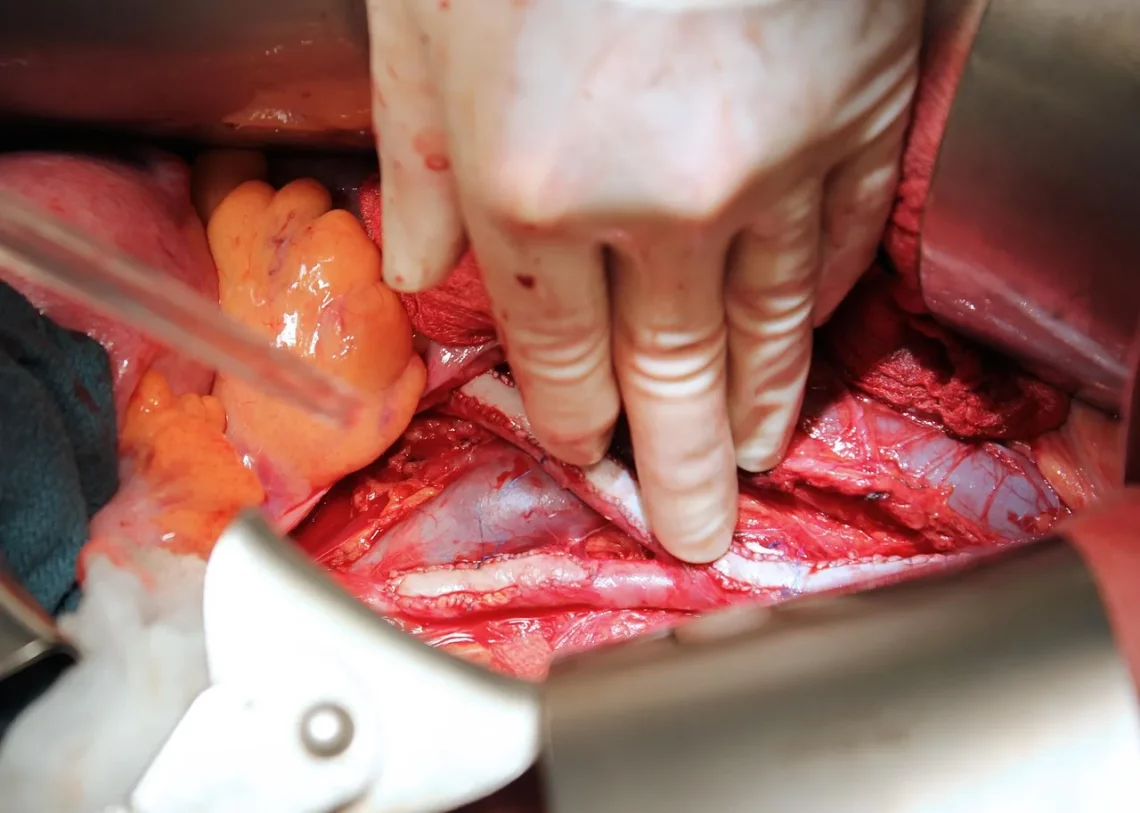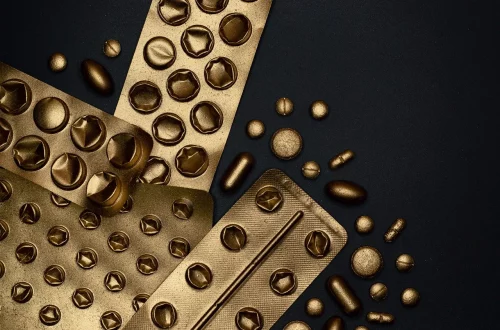
Understanding French Bulldog Nose Surgery: What You Need to Know
French Bulldogs are beloved companions known for their playful personalities and distinctive appearance. However, their unique physical traits, particularly their brachycephalic (short-nosed) structure, can lead to various health challenges. One of the most significant issues faced by this breed is related to their respiratory health, often necessitating surgical intervention. Understanding the complexities of French Bulldog nose surgery is essential for any owner looking to ensure their pet’s well-being.
The anatomy of a French Bulldog’s face, while endearing, often results in breathing difficulties due to their compressed nasal passages. These challenges can manifest as snoring, labored breathing, and exercise intolerance. For many owners, recognizing when these symptoms warrant a veterinary visit can be daunting. Surgery offers a potential solution, but it comes with its own set of considerations, including recovery time, potential complications, and costs. This article aims to provide insight into French Bulldog nose surgery, helping pet owners make informed decisions about their furry friends’ health.
Common Respiratory Issues in French Bulldogs
French Bulldogs are prone to a variety of respiratory issues primarily due to their brachycephalic airway syndrome. This condition is characterized by a range of anatomical abnormalities that can obstruct airflow to the lungs. The most common problems include elongated soft palates, stenotic nares (narrowed nostrils), and hypoplastic tracheas (underdeveloped windpipes).
Elongated soft palates are particularly problematic as they can obstruct the airway when the dog breathes. This condition can lead to increased respiratory effort, resulting in snoring or noisy breathing. Stenotic nares can significantly restrict airflow, making it difficult for the dog to breathe, especially during physical activity. In severe cases, these issues can even lead to life-threatening situations, thereby necessitating surgical intervention.
Understanding these common respiratory problems is crucial for French Bulldog owners. Regular veterinary check-ups can help monitor your dog’s respiratory health and identify any potential issues early on. Symptoms such as excessive panting, difficulty breathing, or a bluish tint to the gums should prompt immediate veterinary attention.
Moreover, lifestyle factors can also play a role in exacerbating these issues. Overweight dogs, for instance, may experience more pronounced breathing difficulties. Maintaining a healthy weight through proper diet and regular exercise can alleviate some strain on their respiratory systems.
Ultimately, being proactive about your French Bulldog’s health can help avoid more severe complications down the line. If you notice any signs of respiratory distress, consult your veterinarian to discuss potential treatment options, including the possibility of nose surgery.
Understanding Nose Surgery: When Is It Necessary?
Nose surgery for French Bulldogs is often considered when they exhibit significant breathing difficulties due to anatomical abnormalities. The decision to proceed with surgery typically arises after a thorough veterinary examination and diagnosis. If your pet’s quality of life is being compromised due to their inability to breathe comfortably, surgical intervention may be the best option.
The most common surgical procedures include widening the nostrils, reducing the length of the soft palate, and sometimes even reconstructing parts of the trachea. Each of these surgeries aims to improve airflow and reduce the severity of respiratory issues.
Before undergoing surgery, it’s essential to discuss the potential risks and benefits with your veterinarian. While many dogs experience significant improvement in their breathing post-surgery, there are risks involved, including anesthesia complications and postoperative infections.
Additionally, it’s crucial to consider your dog’s age and overall health. Older dogs or those with pre-existing health conditions may face higher risks during surgery. Therefore, a thorough health assessment is necessary to determine if your French Bulldog is a suitable candidate for the procedure.
Owners should also be prepared for the financial aspect of nose surgery. Costs can vary widely depending on the complexity of the procedure and the veterinary clinic’s location. It’s advisable to inquire about the expected costs upfront and discuss any payment plans the clinic might offer.
In summary, nose surgery can be a life-changing option for many French Bulldogs suffering from severe respiratory issues. However, it requires careful consideration, open communication with your veterinarian, and preparation for the potential challenges that may arise during the process.
Post-Surgery Care: Ensuring a Smooth Recovery
Post-surgery care is a crucial aspect of the recovery process for any French Bulldog undergoing nose surgery. After the procedure, your pet will likely experience some discomfort and may require a quiet, stress-free environment to heal properly.
Veterinarians often prescribe pain relief medications to help manage any discomfort your dog may feel following surgery. It’s essential to administer these medications as directed to ensure your pet’s comfort and well-being.
In the days following the surgery, watch for any signs of complications, such as excessive swelling, bleeding, or difficulty breathing. If you notice any of these symptoms, contact your veterinarian immediately.
Maintaining a clean environment is also vital for recovery. Keeping your dog’s living area free from dust and allergens can help reduce the risk of infection. Additionally, it’s advisable to limit your dog’s activity during the initial recovery period. This means restricting strenuous exercise, such as running or jumping, until they have fully healed.
Feeding your dog a soft diet may also be recommended, particularly if the surgery involved the soft palate. Soft food can help ease the eating process and prevent any irritation to the surgical site.
Regular follow-up appointments with your veterinarian will help monitor your dog’s recovery progress. These check-ups are vital to ensure the surgical site is healing correctly and that your dog is adjusting well to their improved airflow.
In summary, diligent post-surgery care is essential for ensuring a smooth recovery process for your French Bulldog. By following your veterinarian’s instructions and monitoring your pet closely, you can help facilitate a successful healing journey.
Long-Term Outcomes and Quality of Life
The long-term outcomes of nose surgery for French Bulldogs can be quite positive, significantly improving their quality of life. Many dogs that undergo these procedures enjoy better breathing, which can lead to increased energy levels and improved overall health.
Post-surgery, owners often report that their pets are more active and willing to engage in activities they previously avoided due to breathing difficulties. This newfound energy can enhance the bond between the dog and owner, as they can partake in more interactive play and outdoor adventures.
However, it’s essential to remain vigilant about your dog’s health even after surgery. Regular veterinary check-ups can help monitor any potential recurrences of respiratory issues or new complications. Maintaining a healthy lifestyle, including a balanced diet and regular exercise, is also crucial for sustaining your dog’s well-being.
Moreover, awareness of the breed’s inherent risks is essential. While surgery can significantly alleviate breathing problems, it does not eliminate the possibility of other health issues associated with brachycephalic breeds. Therefore, owners should stay educated about their pets’ health needs and advocate for their well-being.
In conclusion, nose surgery can greatly enhance the quality of life for many French Bulldogs suffering from respiratory issues. By understanding the long-term implications and being proactive in their care, owners can ensure their furry friends lead happy and fulfilling lives.
**Disclaimer:** This article is for informational purposes only and does not constitute medical advice. For any health-related concerns about your pet, please consult a qualified veterinarian.




